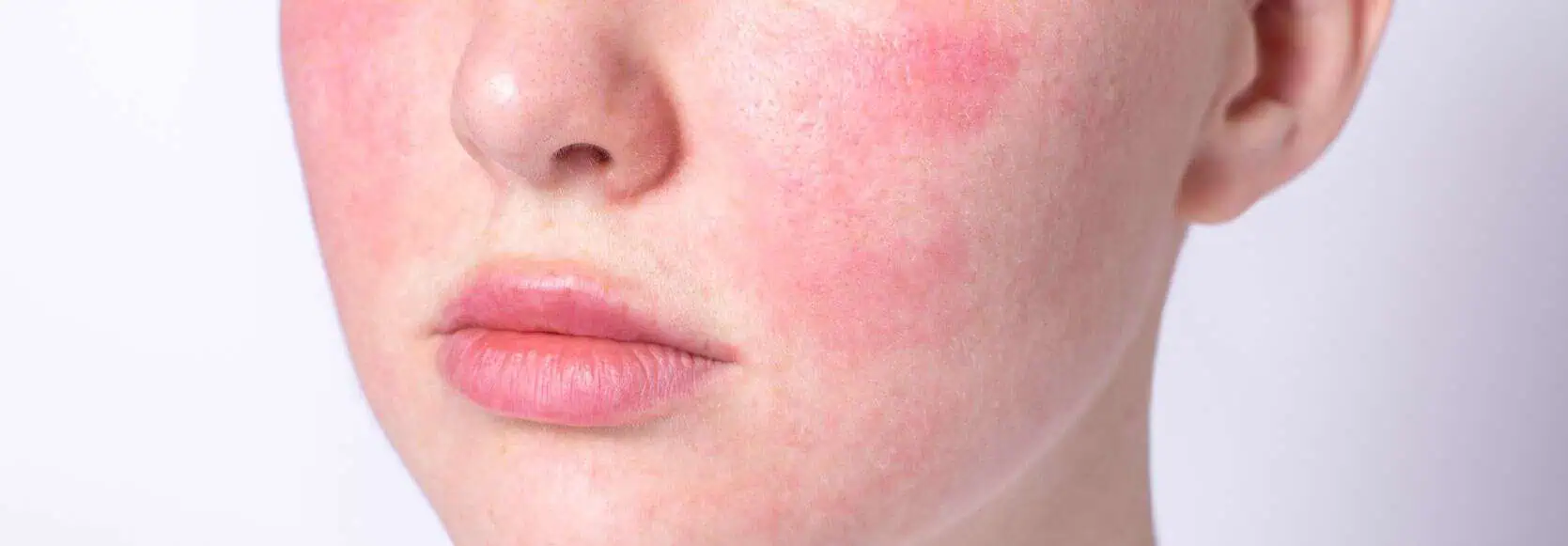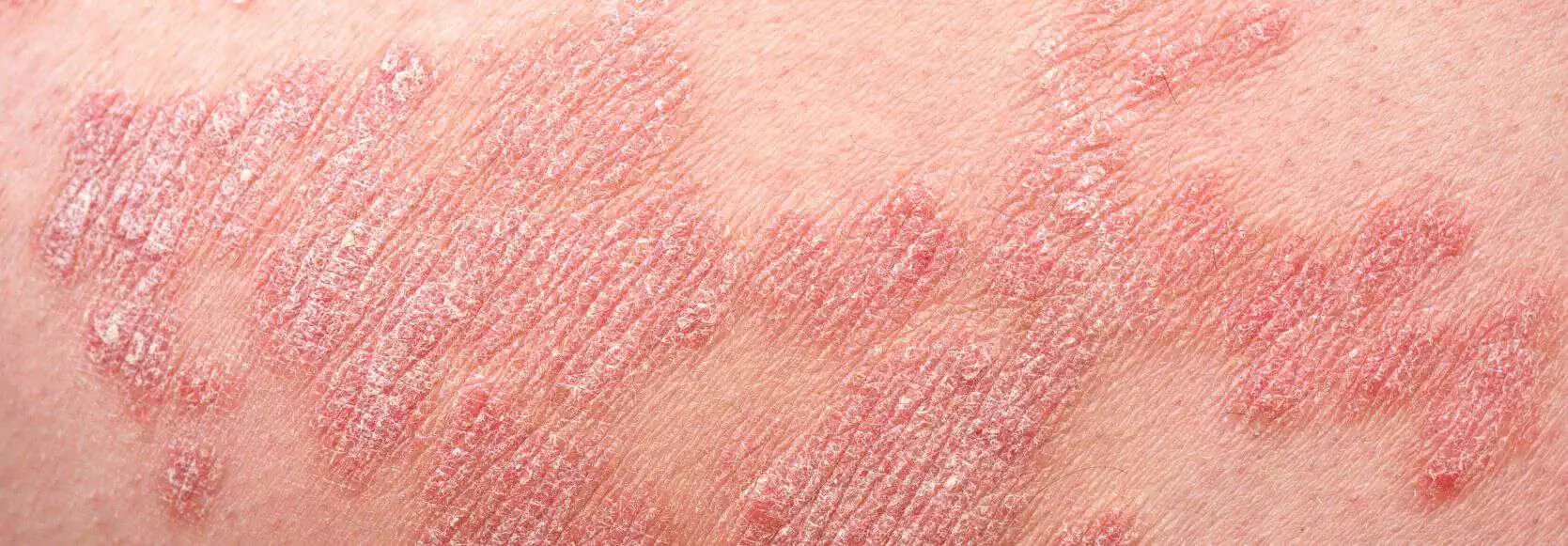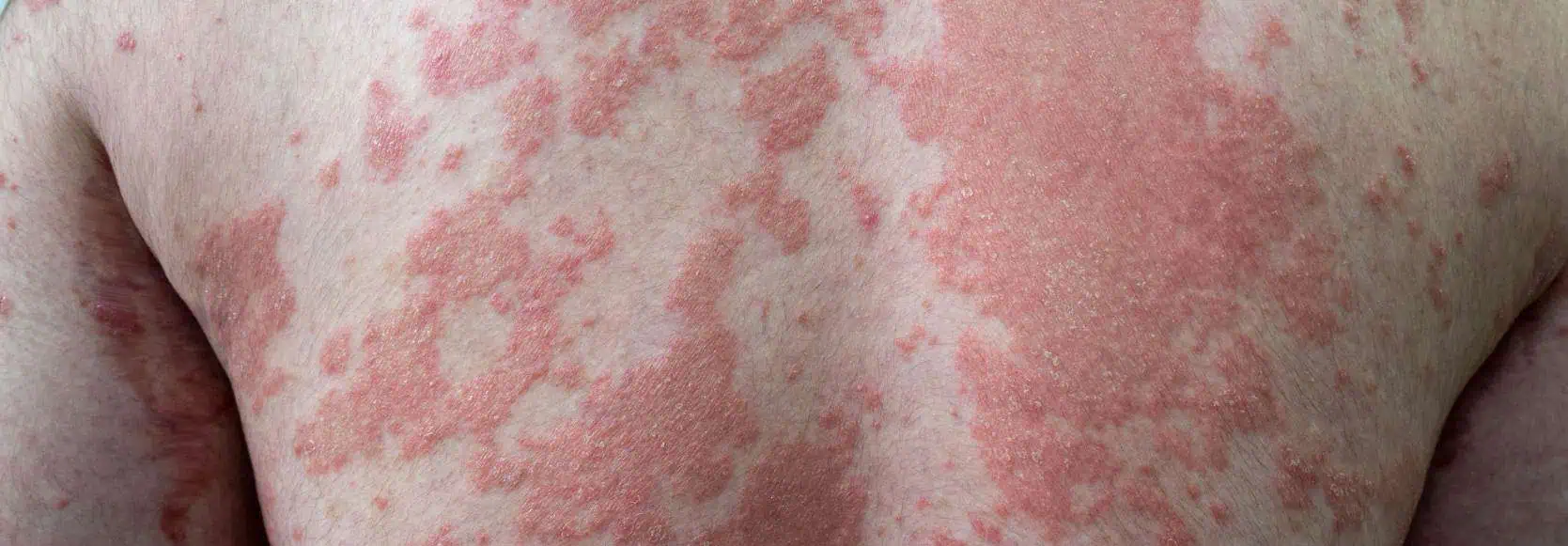April presents the perfect occasion to shed light on rosacea, an often-overlooked and misunderstood skin condition that affects numerous individuals worldwide. If you’re living with this chronic inflammatory skin disorder, it’s crucial to remember you’re not alone in your journey.
This blog post is here to offer you valuable guidance, insights, and tips on managing rosacea effectively. Whether you or a loved one have just been diagnosed, are in the process of managing your condition, or simply seeking information, consider this your comprehensive guide to understanding rosacea.
Demystifying Rosacea
Unraveling the Causes and Triggers
Understanding Rosacea Symptoms and Variations
Tackling Rosacea: Prevention and Management
Effectively managing rosacea involves identifying and avoiding triggers, maintaining a gentle skincare routine, and potentially using certain medications or treatments as prescribed by a dermatologist.
Here are some actionable tips to manage rosacea symptoms:
- Keep track of triggers and avoid them as much as possible
- Protect your skin with broad-spectrum sunscreen
- Choose skincare products that are gentle and free of irritants
- Stick to a consistent daily skincare routine
- Avoid aggressive face scrubbing or rubbing
- Clean your face with lukewarm water and pat your skin dry
Treatment Options
Making Lifestyle Adjustments
Finding Support and Resources
Mitigating The Emotional Impact Of Rosacea
Wrapping Up
Living with rosacea is an ongoing journey that demands patience, support, and sometimes lifestyle changes and routine adjustments. Understanding and awareness of the condition, both from those living with rosacea and their surroundings are fundamental for successful management. By adhering to these guidelines and working closely with your health provider, you can lead a fulfilling life while managing rosacea successfully.
This Rosacea Awareness Month, take a moment to acknowledge your strength and resilience and continue to explore resources and support that best fit your needs.











